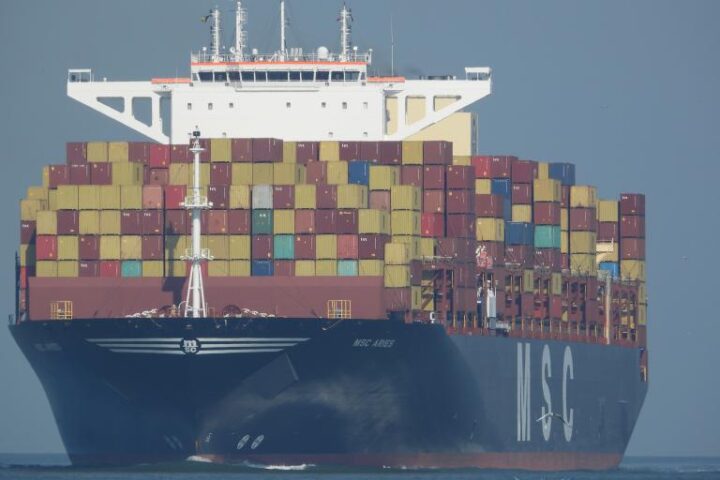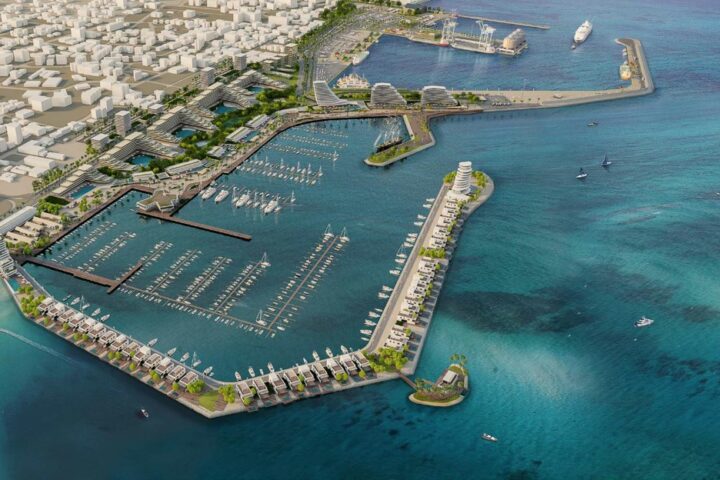Cyprus is a leader in dealing with the increasing threat of cybercrime in Europe, Europol Executive Director Catherine De Bolle said.
In her interview with the Cyprus News Agency De Bolle pointed out that Cyprus takes the threat of Cybercrime very seriously and praised the expertise the country has built in this area.
"In my discussions with the Police Chief and the Minister (of Justice) it is clear to me that Cyprus takes the threat of Cybercrime very seriously. We discussed how best European Cybercrime Centre (EC3) can support the Cypriot Police and how we might make use of the expertise Cyprus has built,” she said.
De Bolle said capacity building is a crucial component for addressing cybercrime effectively and added that while Europol’s main goal is to provide operational support to combating cybercrime, it recognises the need for supporting the capacity building efforts.
Europol Head pointed out that Cybersecurity is a much broader area than Cybercrime and that the two terms should not be used synonymously. Cybersecurity, De Bolle said, entails cyber resilience, network and information security, cybercrime, cyber defence, cybersecurity awareness raising and prevention, cyber diplomacy.
Cybersecurity incidents, she said, can take place without criminal involvement; some cybersecurity incidents result from technical failures, man-made errors or natural disasters.
“Due to the complexity and inter-connectedness of cybersecurity matters, cybersecurity is a collective responsibility which requires the involvement of a multitude of actors from the public and private sector, as well as private citizens.”
People Smuggling
De Bolle said that because of its geographical location, the migrant crisis has also affected Cyprus with “people smuggling probably one of the main crimes on the island”.
“But whatever the crime might be, we are committed at Europol to continue supporting the Cypriot authorities in their fight against organised criminality affecting their country.”
Trafficking was an issue brought up in her discussions with the Cyprus Police Chief on her recent visit to the island.
She said that the launch of Europol’s European Migrant Smuggling Centre in 2016 was a major element of the EU’s response to the migration crisis that began to unfold in 2015.
The numbers of irregular migrants arriving in the EU have fallen since then, “but there are still far too many reckless smugglers”.
“Migrant smuggling continues to represent a highly-profitable business in which criminal syndicates enjoy low risk of detection and punishment.”
“Furthermore, the business model of criminals involved in migrant smuggling is continuously evolving and responding to the dynamics and the needs of the migratory flows impacting the EU. These factors highlight the need to continue developing comprehensive and coordinated responses across and between affected continents,” she said.
De Bolle was the first woman to be appointed Head of Europol in March. She previously served as Commissioner General of the Belgian Federal Police.
In her first months at the helm of Europol, she made it a priority to listen to Europol’s main stakeholders – law enforcement in EU Member States.







